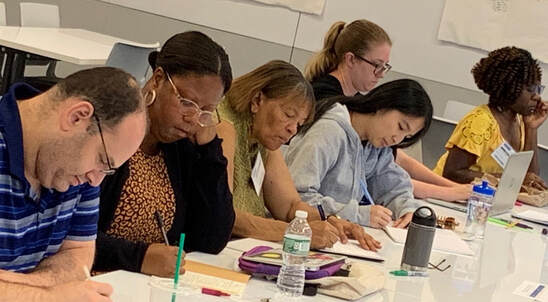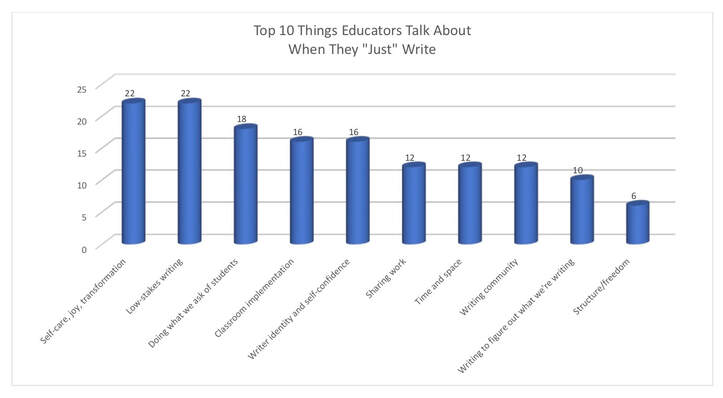Teachers, do you write? Why or why not? |
Eve's BlogI've been blogging since 2010. When I've got writer's block in every other way (frequent), this low stakes riffing to think has been a constant. Over the digital years, I've had a half dozen or so blogs including a travel blog and a reading blog, both on Blogger, and an all-purpose blog on tumblr where I wrote about education, social equity and anything else that sparked me. I also posted some of my published print work on my website. My shit is all over the internet. I'll be using this space for the occasional blog post, now. Archives
March 2024
Categories |


 RSS Feed
RSS Feed